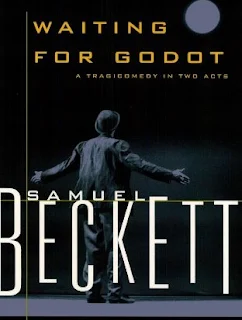Mood and Temper of Post war England
Look Back in Anger gives us a glimpse into the mood and temper of England after World War II. The British Labor Party after coming to power introduced some social reform to build up a welfare state in their country. Yet some young idealists were not satisfied. The people found themselves in precisely the same situation that Jimmy Porter the hero of the play faces.
When
the play opens we find Jimmy speaking in a discontented, restless manner. He is
discontented with the Sunday newspapers; he is discontented with his wife
Alison and he is dissatisfied with his friend Cliff. The Sunday newspaper, he
complains, makes one feel ignorant. His wife Alison, he complains, hardly
listens to him but goes to sleep when he begins to speak. As for Cliff, he is
too ignorant to understand what the newspapers have to say. Jimmy then goes on
to make fun of the Bishop of Bromley and of the woman who in her religious
fervor got four of her ribs broken and got kicked in the head at a religious
assembly. He cynically declares that those who ostensibly make
sacrifices-whether of their careers, their beliefs of sexual pleasures-never
wanted those things in the first place.
Jimmy is also against
class-distinctions. He himself comes from a working-class family, while his
wife comes from a rich middle class family. Alison’s parents had opposed her
marriage to Jimmy, and Jimmy has never been able to forget this fact even
though four years have passed. He keeps criticizing not only Alison but also
her father’s family.





